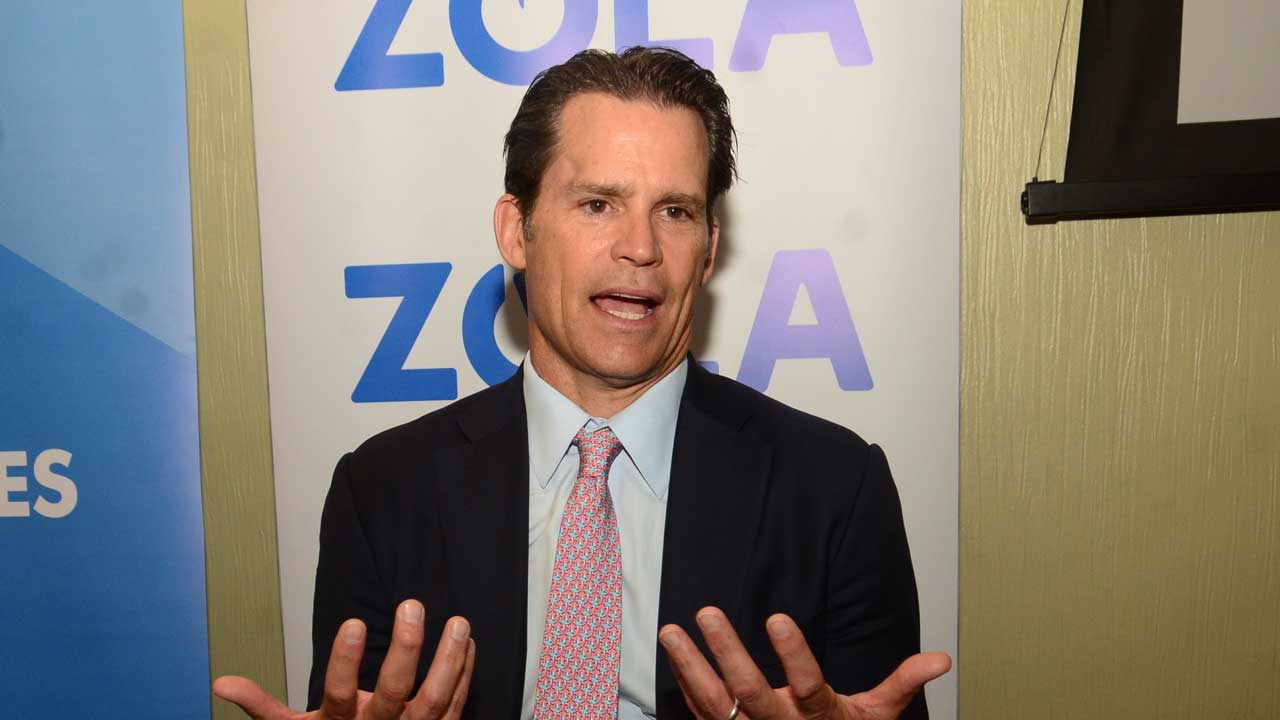Amidst grossing public debt, relative to Gross Domestic Product (GDP) in the Africa Region and the shifting composition of debt from traditional concessional sources of financing towards more market-based ones, the World Bank has warned sub Saharan African economies including Nigeria and Ghana to take issues of economic diversification seriously.
In a new report, the World Bank averred that higher debt burdens and the increasing exposure to market risks are raising serious concerns about debt sustainability.
Explaining more on the findings in the 17th Edition of the World Bank’s Africa Pulse Report, launched recently, the World Bank Chief Economist for the Africa Region, Mr Albert Zeufack, argued that the main drivers of the increase in public debt-to-GDP were rising fiscal deficits and the depreciation of exchange rates, especially in commodity exporting countries like Nigeria.
The African Pulse, a bi-annual analysis, projects Sub-Saharan Africa’s growth to reach 3.1 per cent in 2018 and to average 3.6 per cent in 2019-2020.
The growth forecasts were premised on expectations that oil and metals prices would remain stable, and that governments would implement reforms to address macroeconomic imbalances and boost investment.
The World Bank noted that debt sustainability risk in the Region had increased significantly over the past five years with 18 countries at high risk of debt distress in March 2018, compared with eight in 2013.
Zeufack added that African governments must speed up and deepen macroeconomic and structural reforms to achieve high and sustained levels of growth even as he advised governments to pay more attention to the issue of rising debt, speed up and deepen marco-economic and structural reforms to achieve high and sustained levels of growth.
According to him, these steps were essential to raising economic efficiency, providing more positive investment environment, expanding private sector participation and increasing public confidence.
Earlier in her presentation, the World Bank Lead Economist, and Author of the Report, Ms Punam Chuchan-Pole, observed that for many African countries, the economic recovery was vulnerable to fluctuations in commodity prices and production.
While stressing that the vulnerability underscored the need for countries to build resilience by pushing diversification strategies to the top of the policy agenda, she urged African governments to leverage technology and innovation to provide electrification across the Continent saying; “by fully embracing technology and leveraging innovation, Africa can boost productivity across and within sectors, and accelerate growth.”
Ms Chuchan-Pole said improved electricity sector governance was a top priority for effectively expanding access in Sub-Saharan Africa.
She posited that “Especially important are steps to rationalise electricity pricing, reducing regulatory barriers that limit private sector investment in grid or off-grid power production, make utility operations more efficient and transparent, and foster more independent sector regulations”.









